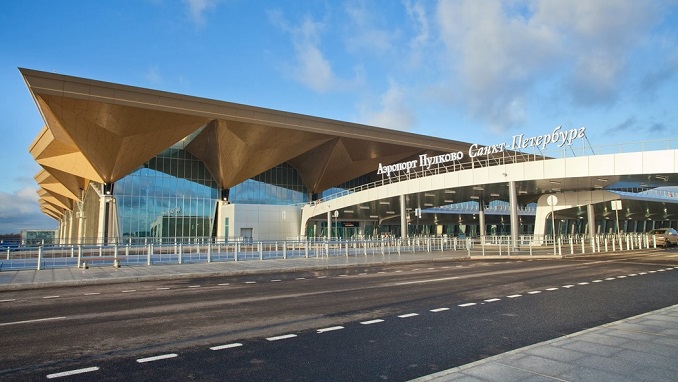The draft decree of the Russian government on providing airports with over 10 bln rubles ($136.13 mln) in subsidies can be approved by the end of May, Minister of Transport Yevgeny Dietrich told reporters on Saturday, TASS informs.
“The draft government decree, which we already wrote on this subject after May 7, according to my information, went for approval by the departments. And I expect that we will can approve it before the end of May,” he said.
The Ministry of Transport and the Ministry of Finance previously tentatively agreed support for Russian airports for 10.1 bln rubles ($137.49 mln) for the period until July. After July, airlines and airports may need another 30 bln rubles ($408.39 mln).
Earlier, the the Russian government allocated 23.4 bln rubles ($318.5 mln) to the Federal Air Transport Agency from the reserve fund for subsidies to Russian airlines affected by the coronavirus pandemic.
According to the minister, the first payments of subsidies to Russian airlines affected by the coronavirus pandemic are scheduled to begin before the end of May.
An aspect of the COVID-19 pandemic, the circumstances in which airports find themselves, as these facilities are a link where medical and economic consequences of the pandemic converge and are most pronounced.
Airport managers around the world quickly responded to the situation they were facing and proposed appropriate solutions, and the leadership of Moscow’s biggest airport, Sheremetyevo Airport, realized from the very beginning the vital role the airport would play in preventing the spread of coronavirus infection in Russia and beyond.
Guided by government directives, and in collaboration with responsible government agencies, the airport quickly arranged a triple system of monitoring and checking the passengers arriving on international flights.
Firstly, flights arriving from countries that were first to report numerous cases of COVID-19 were redirected to Terminal F, where initial screening took place. By 19 March 2020, all passengers arriving from countries with a difficult epidemiological situation passed through the dedicated Terminal F, where they had to undergo a medical examination and screening.
ABOUT US
Eurasia News Now is an independent daily news website focused on key political, economic, and environmental issues in Eurasia, produced by journalists and subject-matter experts in the region and around the world.
Contact us: [email protected]
Eurasia News Now©



